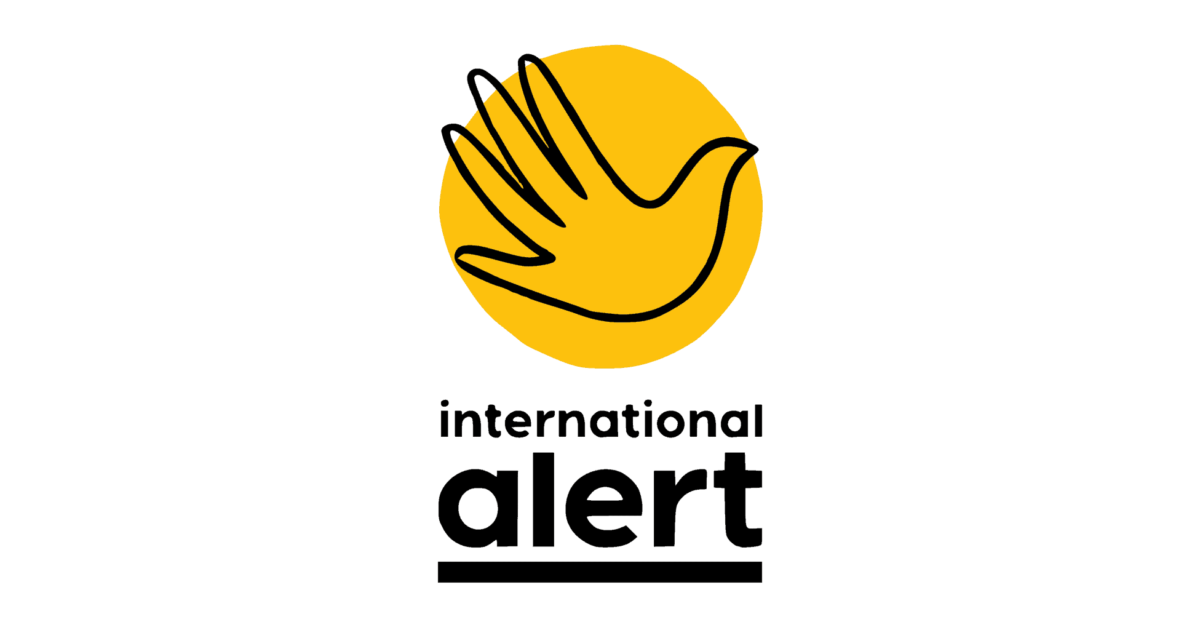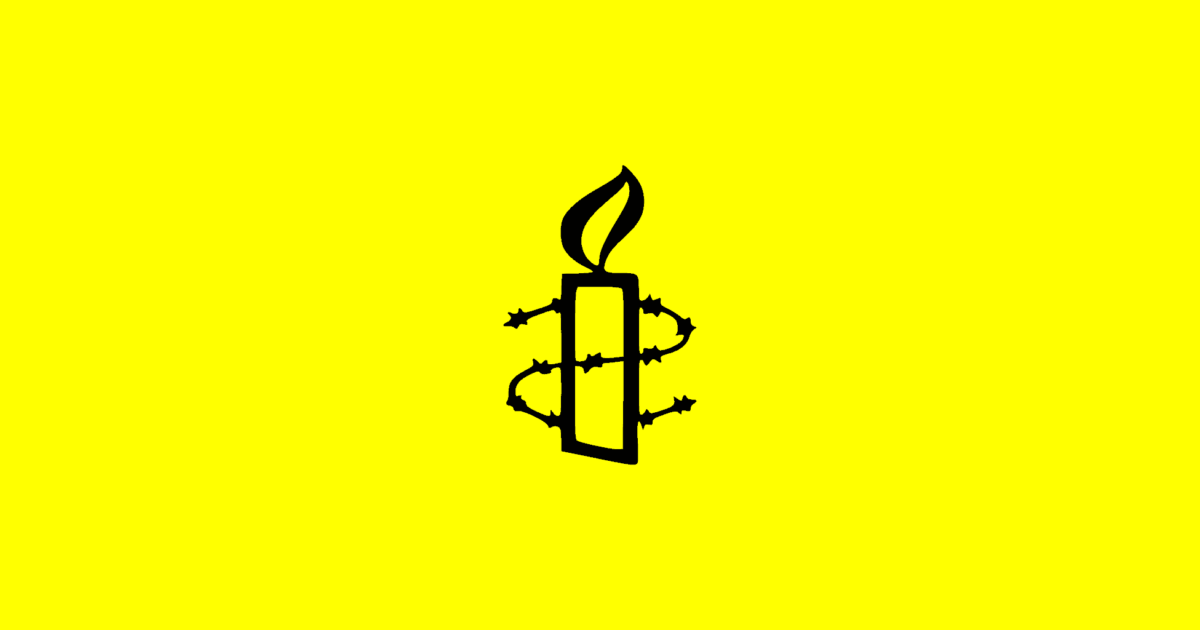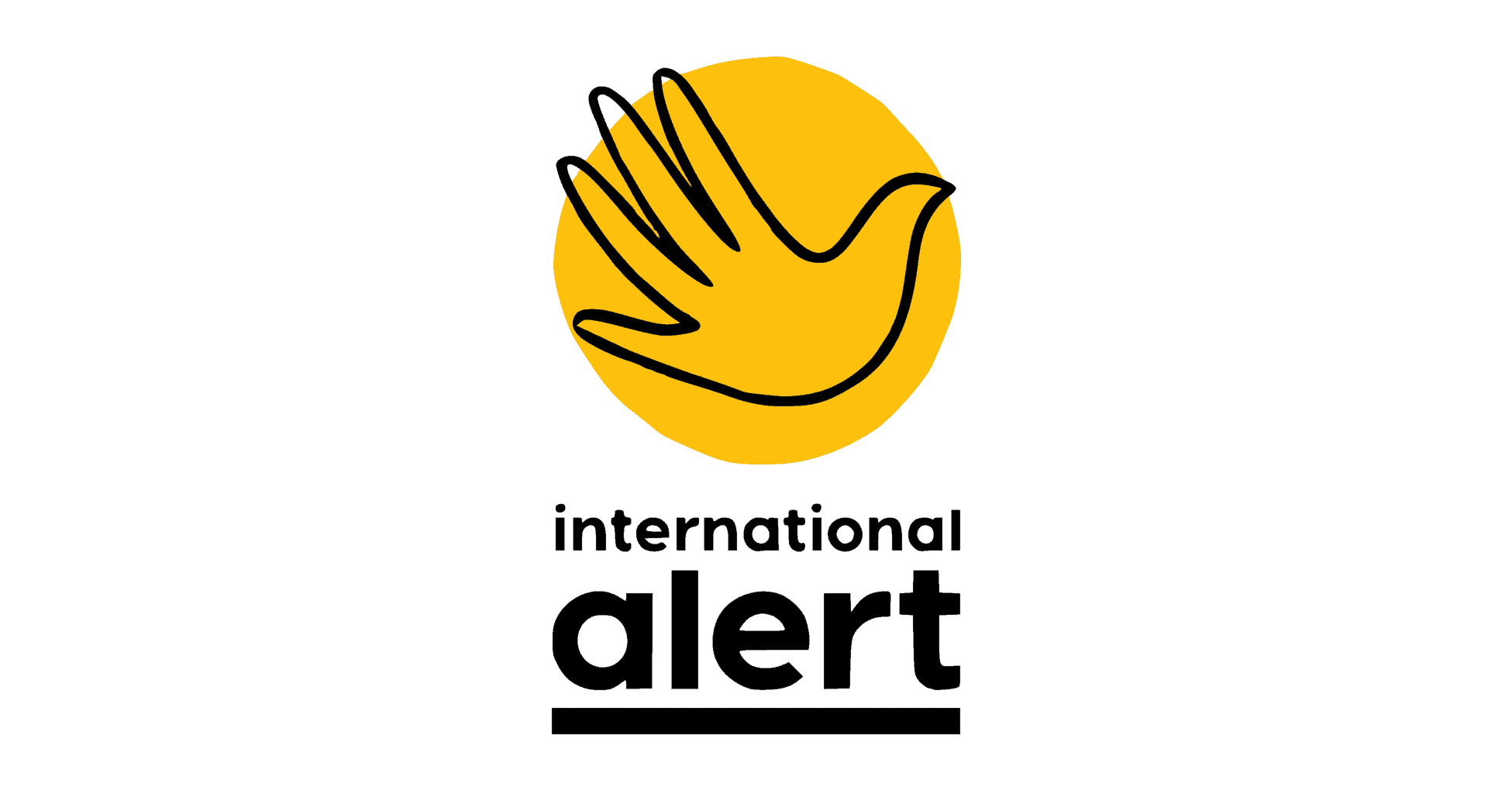Lebanon
Lebanon
Women’s rights activists focus on ending domestic violence, changing the penal codes, and increasing women’s political participation in Lebanon— particularly within reconstruction and peacebuilding efforts. Women’s security is also a major concern, with extremist attacks along the Syrian border.
Lebanon’s history of instability and insecurity have negatively impacted women. Failed presidential elections, the struggle to host over one million Syrian refugees, and proximity to the Syrian war have sidelined efforts to improve women’s rights. Women are discriminated against in legislation and in the court system, including in the areas of marriage, divorce, and the custody of children. Lebanon’s legal conflicts between criminal, civil, and religious authorities have also made it difficult for women to exercise and advocate for their rights.
In 1997, Lebanon ratified the Convention on the Elimination of All Forms of Discrimination Against Women (CEDAW). In April 2014, Lebanon also passed the Domestic Violence Law, criminalizing abuse and promising protection and legal recourse for women; however the law has not made a discernable impact on women’s protection. Lebanon does not have a National Action Plan.
Based on the work of the NGOWG and its partners, the NGOWG advocates for the Security Council to ensure that the mandate of the UN mission in Lebanon (UNIFIL) is strengthened and that gender issues are integrated into all response activities. Specific attention must be paid to women’s participation in all security-related matters, including disarming non-state armed groups, and gender-sensitive needs assessments to effectively coordinate humanitarian assistance.
Current and Past Recommendations to the UN Security Council (Monthly Action Points)
In its renewal of the mandate of the UN mission in Lebanon (UNIFIL), the Council should consider the role of the mission in addressing the spill-over effects of Syria’s intensifying conflict on Lebanese civilians by evaluating the provision of humanitarian services to Syrian refugees and by ensuring that gender issues are integrated in all response activities. This includes providing gender specific services, including reproductive and psychosocial support. The Council should also ensure that peacekeepers, national forces and police receive comprehensive, gender-specific awareness training. UNIFIL’s mandate should support women’s involvement at all stages of peace processes in the region, including in upcoming meetings of decision-makers, and undertake capacity-building for civil society organizations to engage in all aspects of conflict resolution processes.
Relevant Resources







